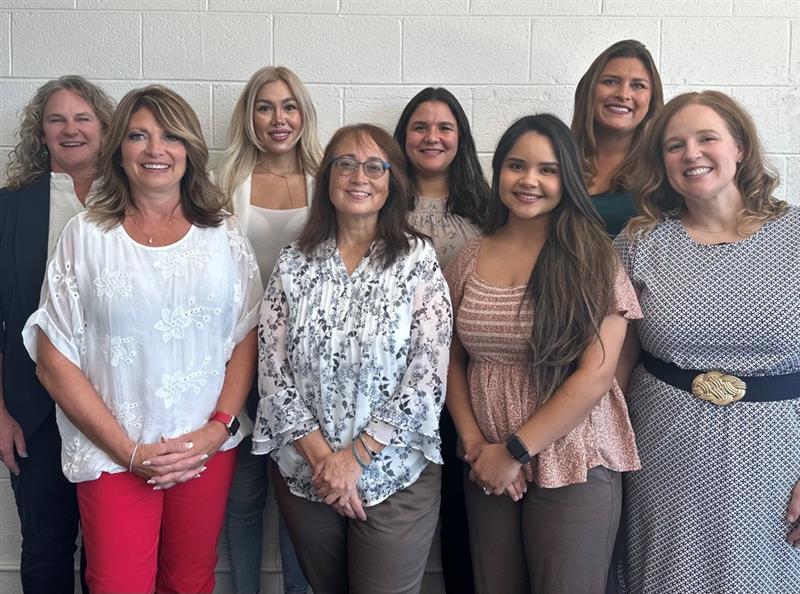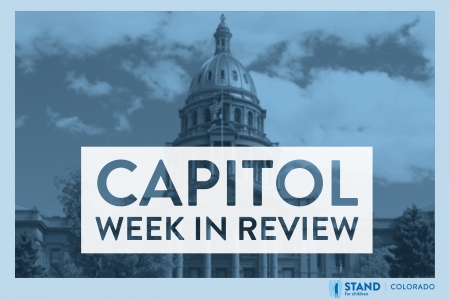Legislation to help address Colorado’s educator shortage and increase teacher diversity is being considered. HB24-1290, Student Educator Stipend Program, appropriates annual funding for stipends for student teachers. This bill is part of a multi-year effort designed to remove barriers in educator preparation to increase educator diversity and address Colorado’s teacher shortage.
The need to work 40 hours a week student teaching, without pay, has kept many talented educators out of the profession. In 2022, we championed HB22-1220, a law that, in addition to other measures, put in place a student educator stipend program for candidates that meet certain requirements. HB24-1290 seeks to continue that program.
Addressing Our Teacher Shortage
Colorado school districts report having a variety of open positions for the school year. Nearly 15% of the total teaching positions in Colorado were open sometime during the 2022-23 school year. 8.7% of those positions remained unfilled for the entire year.
As Colorado continues to experience challenges with a shortage of educators, a 2024 report from the Colorado Department of Higher Education (CDHE) reports the student teacher stipend is showing promising results after the first year, “The first year of the educator stipend program has shown that providing funding to educator candidates increases their chances of program completion and bolsters candidates’ confidence in their abilities to serve as competent Colorado educators.”

According to a Report from CDHE on the implementation of HB22-1220:
- 78% of teaching candidates eligible for the stipend said, “the stipend was essential to them becoming a teacher or counselor.”
- 34% of respondents indicated that they were considering delaying or dropping out of their programs due to financial issues before receiving the stipends.













